I’m Vegan…Do I Really Need to Take Vitamins?
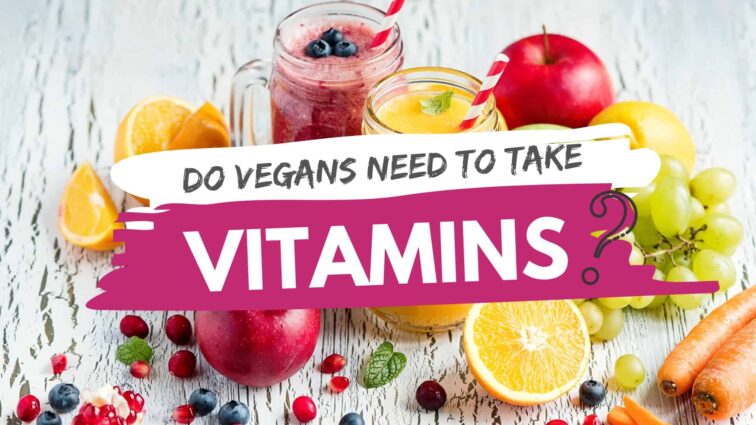
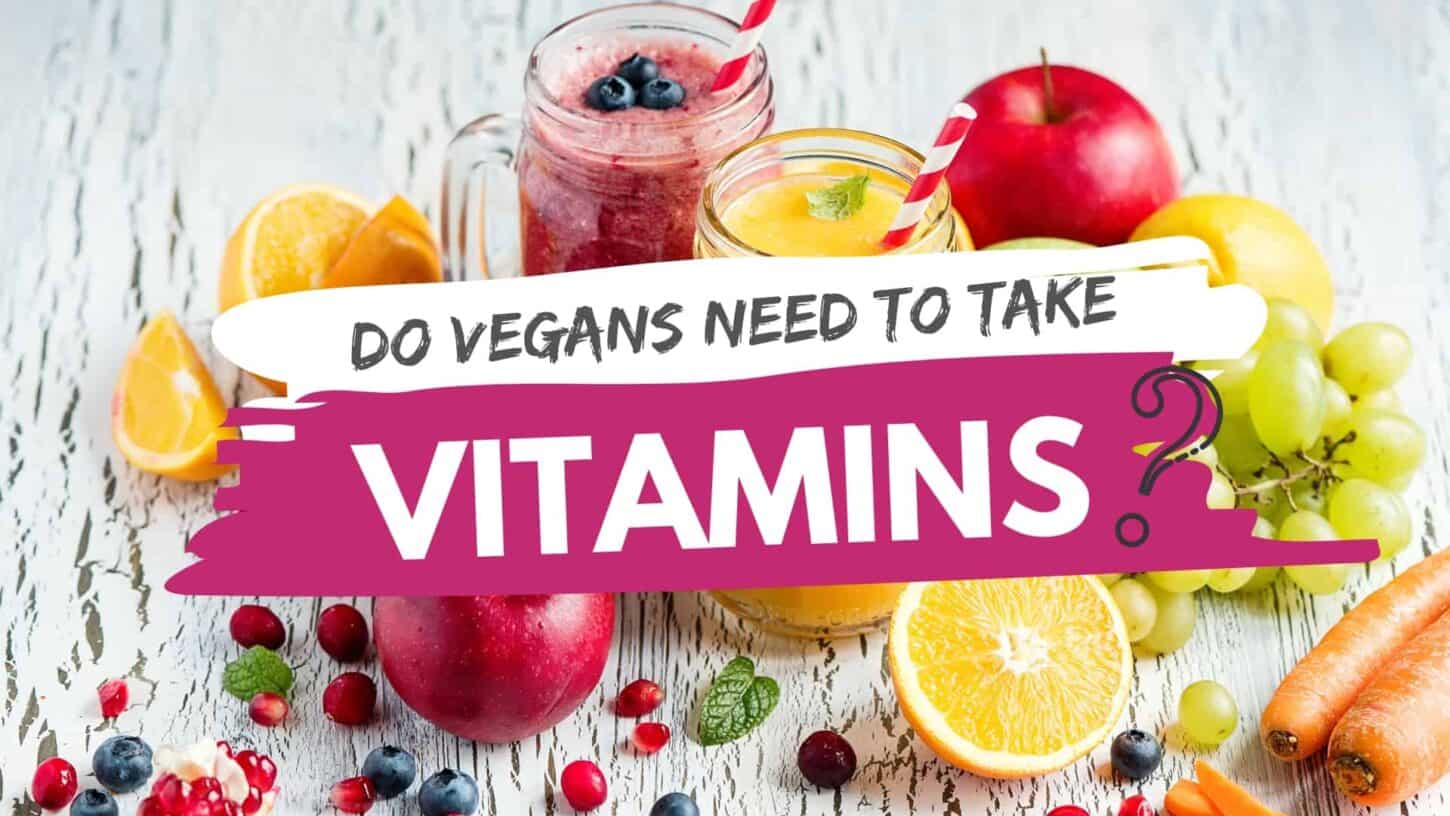
So, you went vegan.
Awesome! You’re saving animals and minimizing your impact on the environment.
And, now that you’re vegan, you’re likely eating more nutritious vegetables, fruits, whole grains, nuts, seeds, and legumes, which is great for your health.
Table of Contents
- Yes, Eating Plant-Based Can Have Huge Health Benefits
- Vegans Need to Be Diligent About Nutrition, Too!
- There is Not One “Vegan Diet”
- Fact: Vegans Tend to be in Better Health than Non-Vegans
- Myth: Vegans are Immune from Nutrient Deficiencies
- What Vitamins Do I Need As A Vegan?
- What about all the other vitamins?
- A Well-Planned Vegan Diet (with Supplements) Can Supply All the Nutrients You Need
- Take Your Vegan Vitamins!
- More Vegan Nutrition Resources:
Yes, Eating Plant-Based Can Have Huge Health Benefits
People who eat vegan tend to consume less saturated fat, dietary cholesterol and animal protein—which is great because these can have negative effects on health.
Research shows that people who eat vegan have lower blood pressure, lower blood cholesterol and lower risks of heart disease, stroke, and diabetes, as well as a lower overall risk of death.
But does that mean you never need to give nutrition a second thought? Contrary to many claims flying around the plant-based community, eating vegan (or even a “whole foods plant-based” diet) is not a total health halo or cure-all.
Vegans Need to Be Diligent About Nutrition, Too!
There is no single healthiest way to eat, and those eating a plant-based diet need to be diligent about nutrition just like everyone else.
Despite all the health benefits listed above, eating plant-based does not provide immunity against all disease or guarantee excellent nutrition or perfect health.
Of course, a well-planned vegan diet can be perfectly healthy for people all throughout the lifecycle. But the truth is, no matter your eating pattern, you still need to be mindful of getting all the nutrients your body needs.
This doesn’t mean you need to track every morsel of food you put in your body (in fact, I don’t recommend that). But it does mean that learning and applying the basics of nutrition and listening to your body will help support your overall well-being and reduce the risk of nutrition-related health issues. So that’s what we’re going to talk about today!
There is Not One “Vegan Diet”
The wonderful thing about being vegan in today’s world is that there are so many delicious vegan food options!
Gone are the days of having to travel far distances to a health food store for soy milk, tofu, and rubbery vegan cheese. There are countless vegan versions of milk, cheese, meat, pizza, ice cream and more at mainstream grocery stores and restaurants in towns all across America.
Vegan living is more accessible than ever—which is great! It’s helping to inspire a wave of better health, sustainability, and compassion all across our world. This is a good thing. And it also means that vegan eating patterns vary more than they ever have. From raw food vegans to self-proclaimed “junk food vegans,” there is a wide spectrum of vegan diets.
Also consider that many other factors, such as where someone lives, their socioeconomic status, their cultural background, and their nutrition knowledge impacts their food choices.
For all of these reasons, we can’t assume anything about anyone’s health or diet (other than that it includes no animal products) just because they are vegan. And it means that simply removing animal products from your life doesn’t give you a free pass on the nutrition front.
Fact: Vegans Tend to be in Better Health than Non-Vegans
Yes, it is true that people who identify as vegan tend to have better nutrient intakes and lower rates of certain diseases than people who do not identify as vegan.
A lot of what we know about how vegans eat comes from studies on people within the Seventh Day Adventist faith. Many Seventh Day Adventists are vegan, some are vegetarian and some consume meat. Because of this dietary spectrum within a community, researchers have been able to study how varying amounts of animal products in one’s diet impacts health.
Research on Seventh Day Adventists has found that…
- They have a lower risk of heart disease and certain types of cancer.
- The less animal products they ate, the lower their risk of type 2 diabetes, high blood pressure and metabolic syndrome.
- Vegetarians had a lower mortality risk than non-vegetarians.
However, the vegans also ate more vegetables, fruits, beans, and nuts and slept more. These lifestyle behaviors can have a significant impact on health no matter how much meat someone eats.
Overall, vegans tend to enjoy better health than non-vegans. What we put in our bodies on a daily basis, in combination with lifestyle behaviors, has an enormous impact on our health.
Myth: Vegans are Immune from Nutrient Deficiencies
Vegans tend to eat more nutrient-rich plant foods than non-vegans, which is great! If you’re one of those fellow veggie-holics, I’m sending you a big virtual high-five.
But don’t make the mistake that many before you have. Eating your beans and kale and oatmeal and fruit smoothies doesn’t necessarily mean you’re covered on the nutrition front.
Sometimes you need to go a little further to make sure you’re getting all the nutrients you need. This is not just a vegan issue—many non-vegans also are not getting the nutrients they need.
Bottom line: regardless of your dietary pattern, nutrient deficiencies can be harmful and preventative measures should be taken seriously.
Some nutrients that vegans commonly fall short on include:
- Calcium
- Vitamin B12
- Vitamin D
When you go vegan, rather than just eliminating animal-based foods, it’s important to replace them with nutrient-dense plant-based foods. This way you’re not missing out on any nutrients that those animal-based foods used to provide.
What Vitamins Do I Need As A Vegan?
Calcium
Consider calcium. Most people get the bulk of their calcium from cow’s milk. If you’re not drinking cow’s milk, where are you getting your calcium?
If you replace cow’s milk with calcium-fortified plant milk, that’s great. But calcium is also rich in the plant kingdom. Collard greens, kale, bok choy, oranges, figs, and calcium-set tofu all deliver absorbable calcium.
It’s important to eat a variety of calcium-rich foods every day to get enough of this nutrient that is critical for bone health. If you’re concerned, you can always take a calcium supplement!
Zinc
Zinc is a nutrient that is plentiful in meat and can also be found in protein-rich plant-based foods including beans and nuts. But some vegans don’t get enough. A good rule of thumb is to eat at least three servings of legumes (including beans, lentils, peanuts, and soy foods) every day and also some nuts and seeds.
Iodine
Sea life is a source of iodine which vegans do not consume. So unless you’re eating sea vegetables several times a week or using iodized salt, you’re likely not getting enough of this nutrient that is important for thyroid health.
Vitamin B12
All vegans should be supplementing vitamin B12 or consuming ample amounts of foods that are fortified with vitamin B12. If you’re not, or not really sure why vitamin B12 is such a big deal, please take a moment to read this article I wrote about vitamin B12 for vegans.
Vitamin D
What about all the other vitamins?
Check out our complete vegan nutrition guide for more detailed information about all the nutrients and vitamins vegetarians and vegans need to thrive! If you’re not sure if you’re getting enough nutrients or are curious about how a vegan diet can work with food allergies or intolerances, work with a vegan registered dietitian nutritionist who can assess your diet and provide personalized dietary advice.
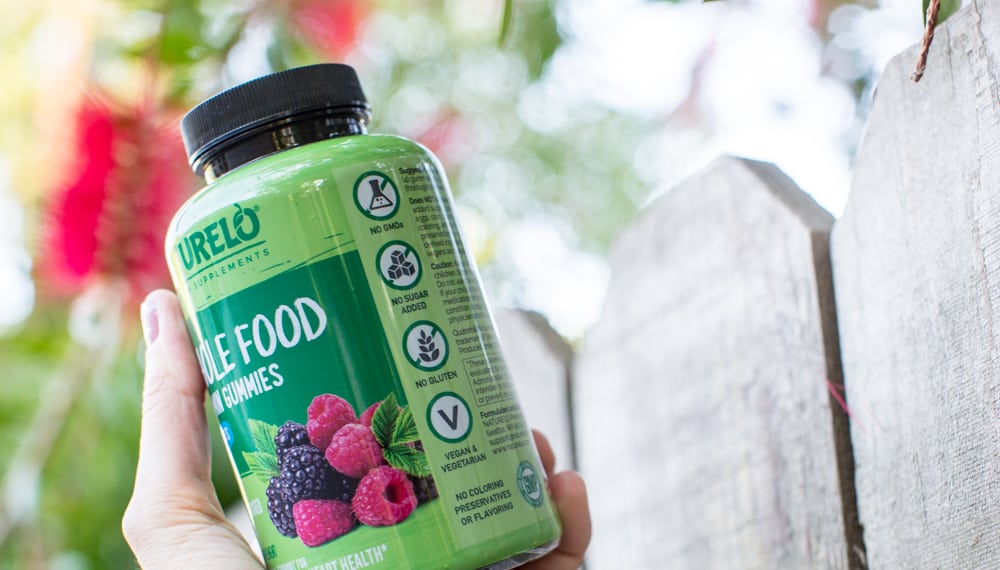
A Well-Planned Vegan Diet (with Supplements) Can Supply All the Nutrients You Need
The good news is, with some nutrition knowledge and a little planning, you can get all the nutrients you need from a vegan diet!
According to the Academy of Nutrition and Dietetics, “appropriately planned vegetarian, including vegan, diets are healthful, nutritionally adequate, and may provide health benefits for the prevention and treatment of certain diseases.”
The key is “appropriately planned.”
Are you eating…
- A variety of protein foods and whole grains?
- Leafy greens several times a week?
- Foods fortified with vitamin B12? (Check the Nutrition Facts label to see). If not, you need to take a vitamin B12 supplement.
- Foods fortified with vegan vitamin D3 (or spending time in the sun every day)? If not, you probably need to take a vitamin D supplement.
Take Your Vegan Vitamins!
While vitamins can be a great way to make sure you’re hitting all your nutritional needs, beware—not all vitamins are vegan. Some vitamins are animal-derived, and others contain animal products such as gelatin (which comes from animal skin and bones).
Of course, there are many vegan vitamins out there! Naturelo is a great natural supplement brand that offers many fully-vegan vitamins that are gelatin-free. You can look for their plant-based multivitamins for women and men as well as individual vitamins, including vegan vitamin D3 and a plant-based B Complex.
More vegan vitamin brands include:
- Complement Vegan Multivitamin Supplement
- Deva One Daily Vegan Multivitamins
- Future Kind Essentials for Vegans
- Hippo7 Vegan Complete
- MyKind Organics Whole Food Multivitamin
- Ritual
So friends, let’s stop playing the vegan shame game, shall we? There’s nothing wrong with taking dietary supplements as a vegan. It does not mean that your diet is unhealthy. It means you’re being a responsible, educated, health-conscious adult.
More Vegan Nutrition Resources:
- Vegan Nutrition Guides
- Vegan Vitamin D Guide
- Plant-Based Omega 3 and Vegan DHA
- How to Find Credible Nutrition Information
- Is soy bay for you?
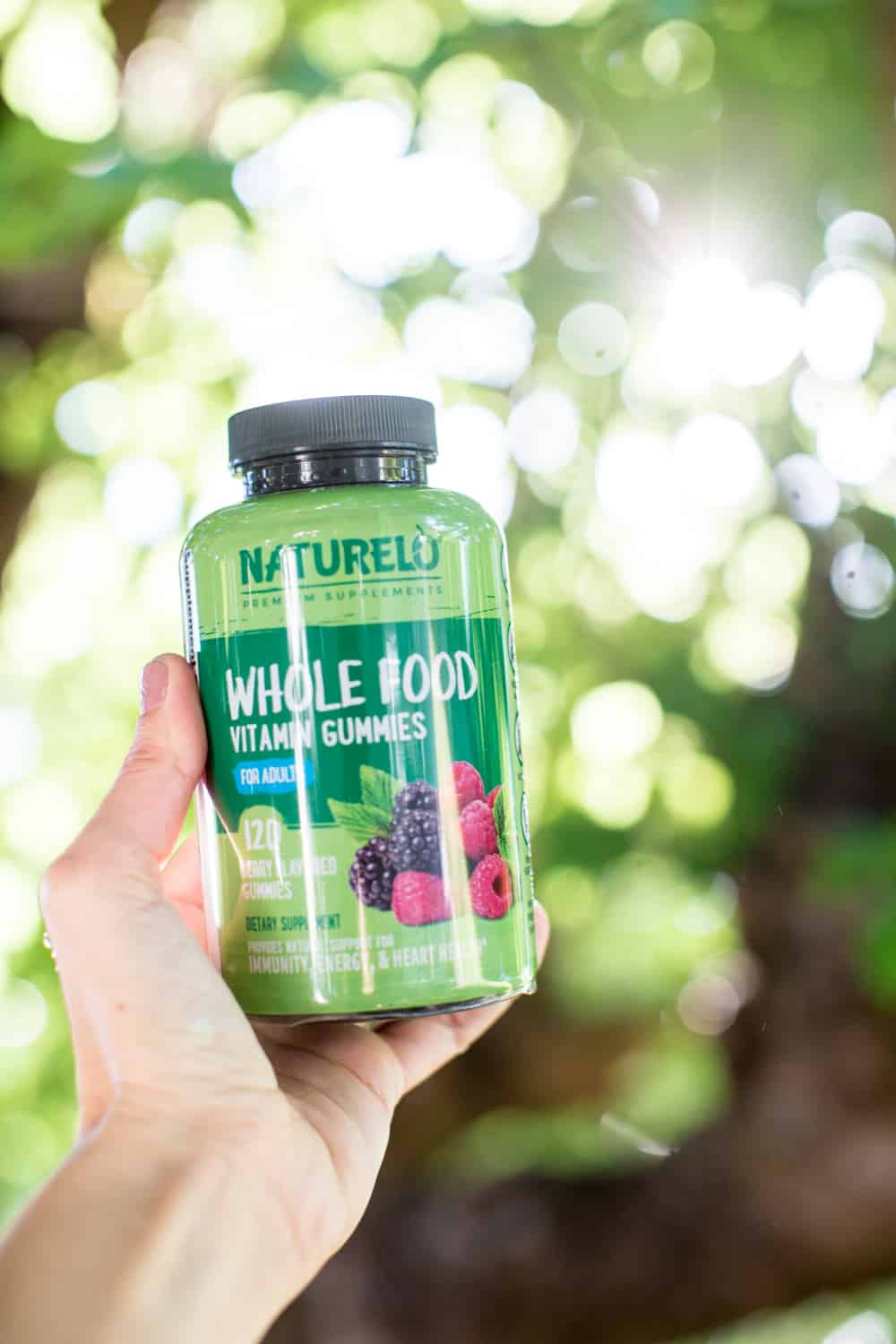
This article was written by Taylor Wolfram RD for World of Vegan. Cover photo from Canva.com designed by Michelle Cehn. The information presented here is not to be construed as medical advice or used to diagnose, treat, cure or prevent any condition or disease. Please note that this article contains affiliate links which help us keep regular content coming to life here at World of Vegan. Many thanks to Naturelo for supporting this article and our work at World of Vegan!






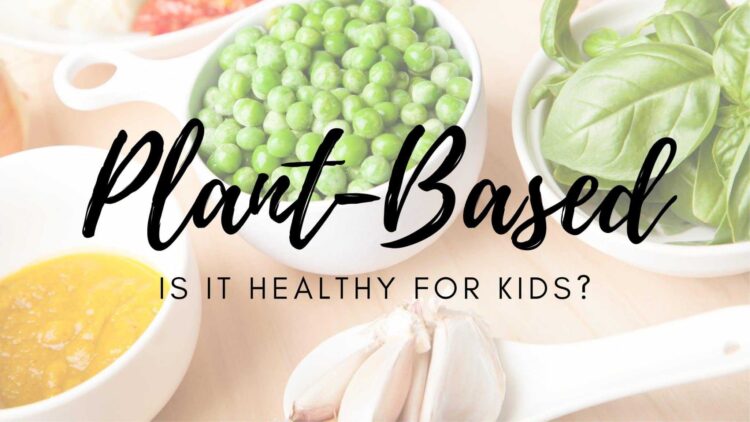
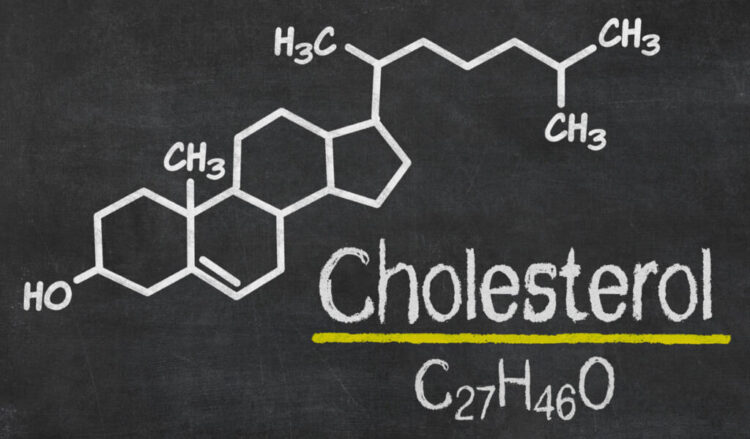
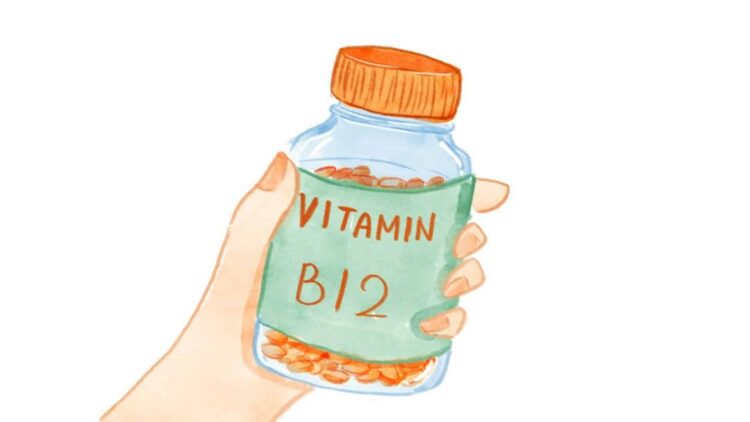
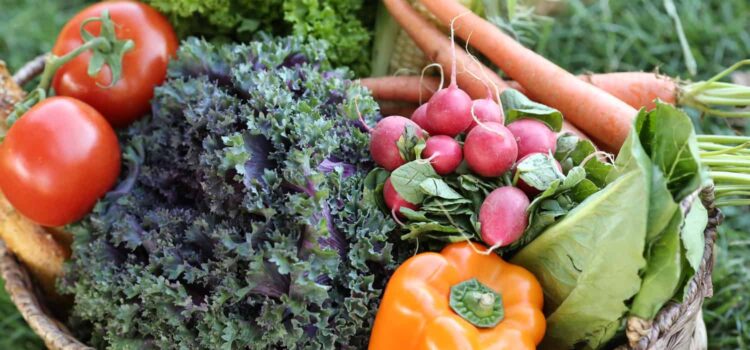
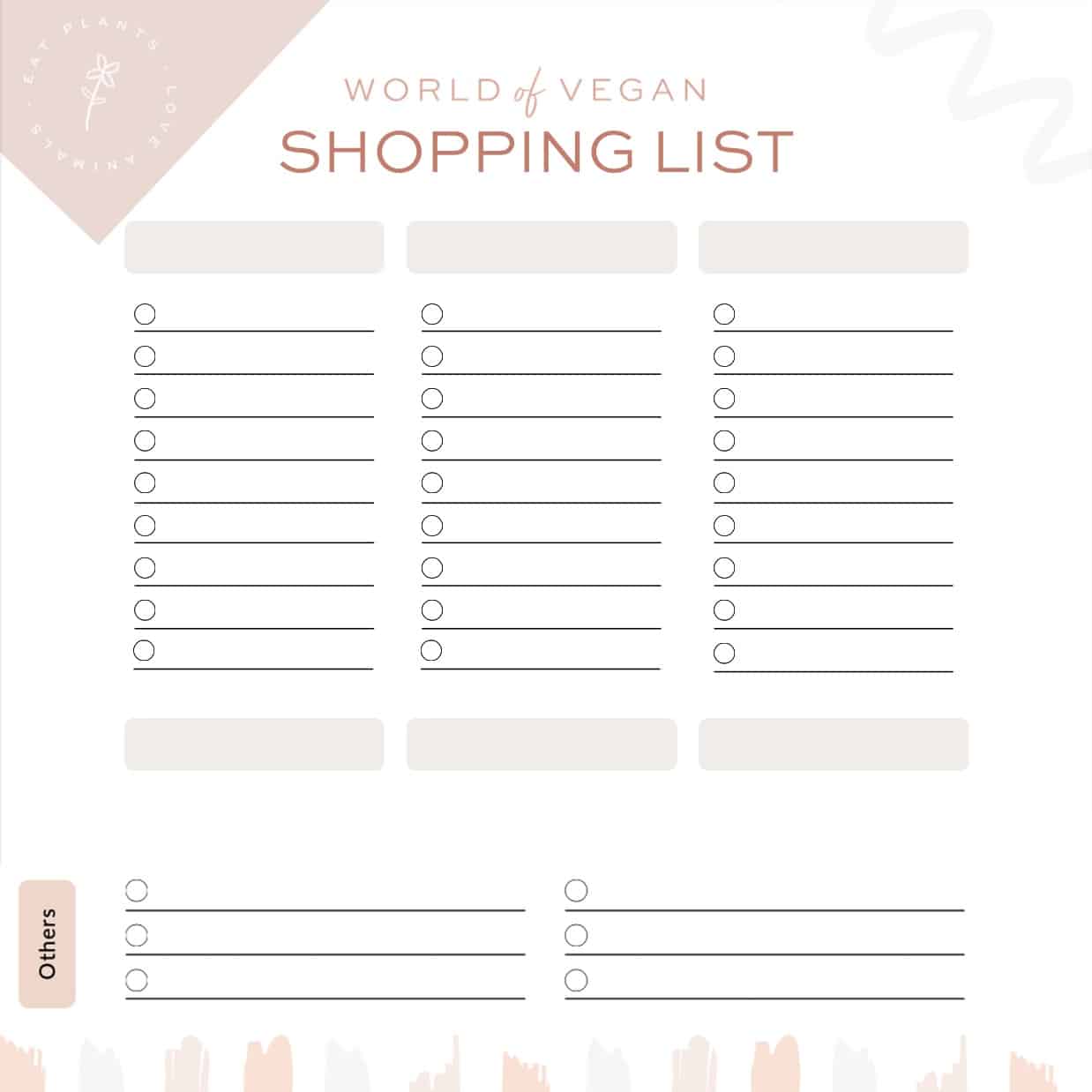
Leave a Comment